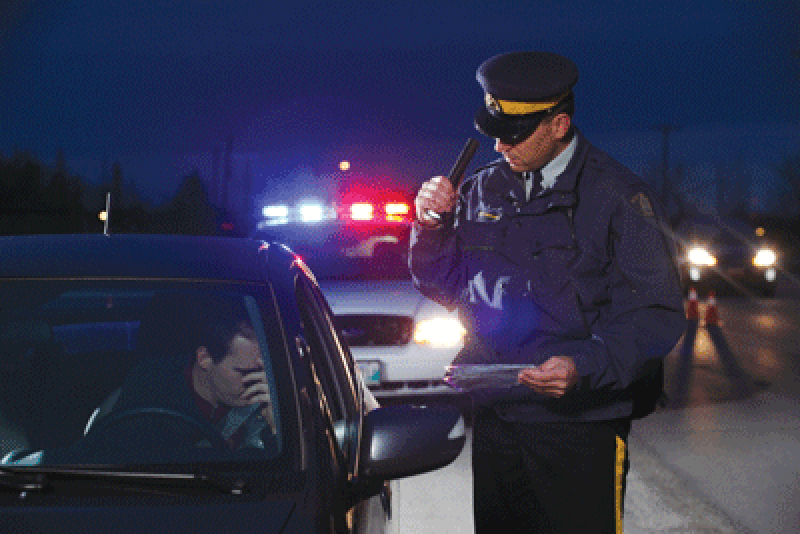Effective December 18th, 2018, Parliament introduced new impaired driving laws (Bill C-46) bringing sweeping changes to the existing law and its enforcement.
The Act contains numerous amendments to the Criminal Code, however there are two changes that stand out.
- The Act substantively amends the elements of the impaired and related offences.
- The Act grants police officers the authority to demand mandatory roadside alcohol screening of any person operating a motor vehicle (or a “conveyance”, as per the new language in the Act).
What Has Changed?
Under the old legislation, the onus was on the Crown to prove that the Accused person was either impaired, or that his/her blood alcohol content (BAC) exceeded 80 milligrams of alcohol per 100 millilitres of blood, at the time that he/she was operating a motor vehicle.
It was a common defence under this legislation to argue that the Accused’s BAC was still rising at the time of driving and therefore he/she was not actually “over 80” at the time in question. Another common defence was to argue that the Accused had consumed alcohol between the time of driving and the time when he/she was detained by police.
The new Act aims to do away with these defences. Under the new legislation, the Accused can be charged if his/her BAC exceeds 80, within 2 hours of driving. For example, a person who gets into an accident, and then consumes alcohol will be guilty of impaired or “over 80” under the new regime.
Mandatory Alcohol Screening
The other drastic change contained within the new Act is the provision allowing for mandatory/arbitrary roadside screening. Under the previous legislation, a police officer had to establish a reasonable suspicion that the driver had alcohol in his/her system before administering a roadside breath test. This requirement has been eliminated.
As of December 18, police officers are empowered to demand that drivers provide breath samples without any grounds whatsoever. These arbitrary demands will be considered lawful so long as the officer has the device with him/her at the time the demand is made.
Drivers will be compelled by law to submit to this testing, and if they refuse will be subject to the same penalties as if they had been convicted of impaired driving. While this provision will likely be challenged on Constitutional grounds, and will inevitably undergo Charter scrutiny, in the meantime, drivers should be aware of this new police power, and should conduct themselves accordingly.
This post is merely an introduction to the new legislation and should not be construed as legal advice
